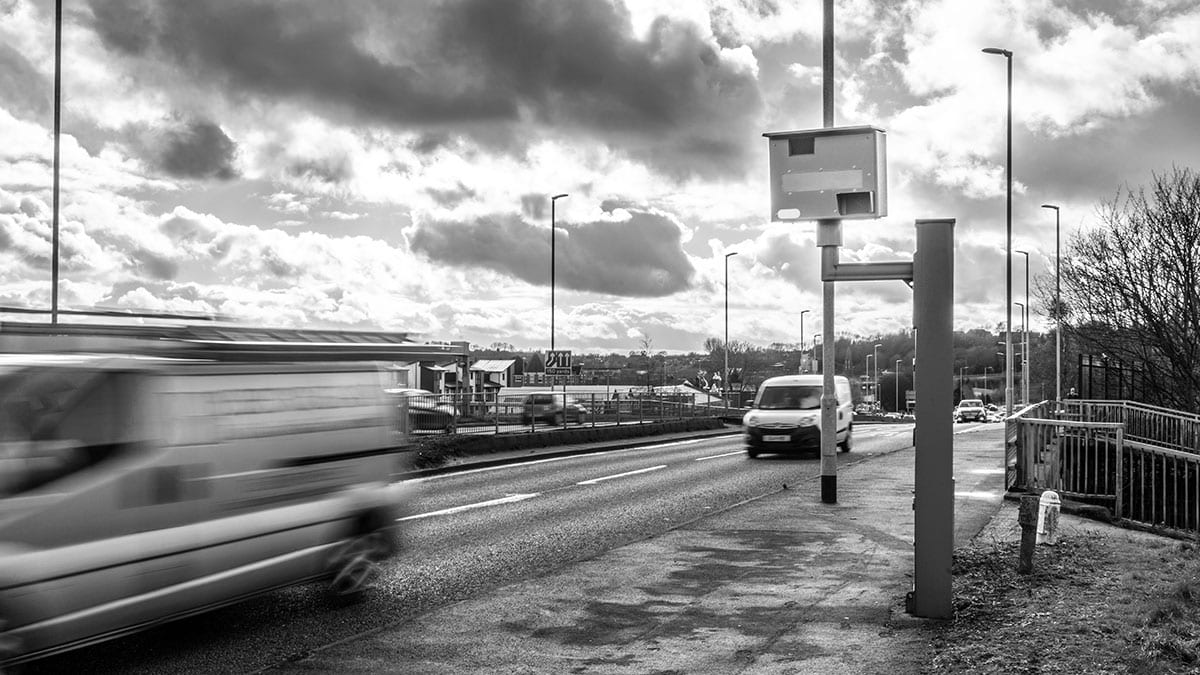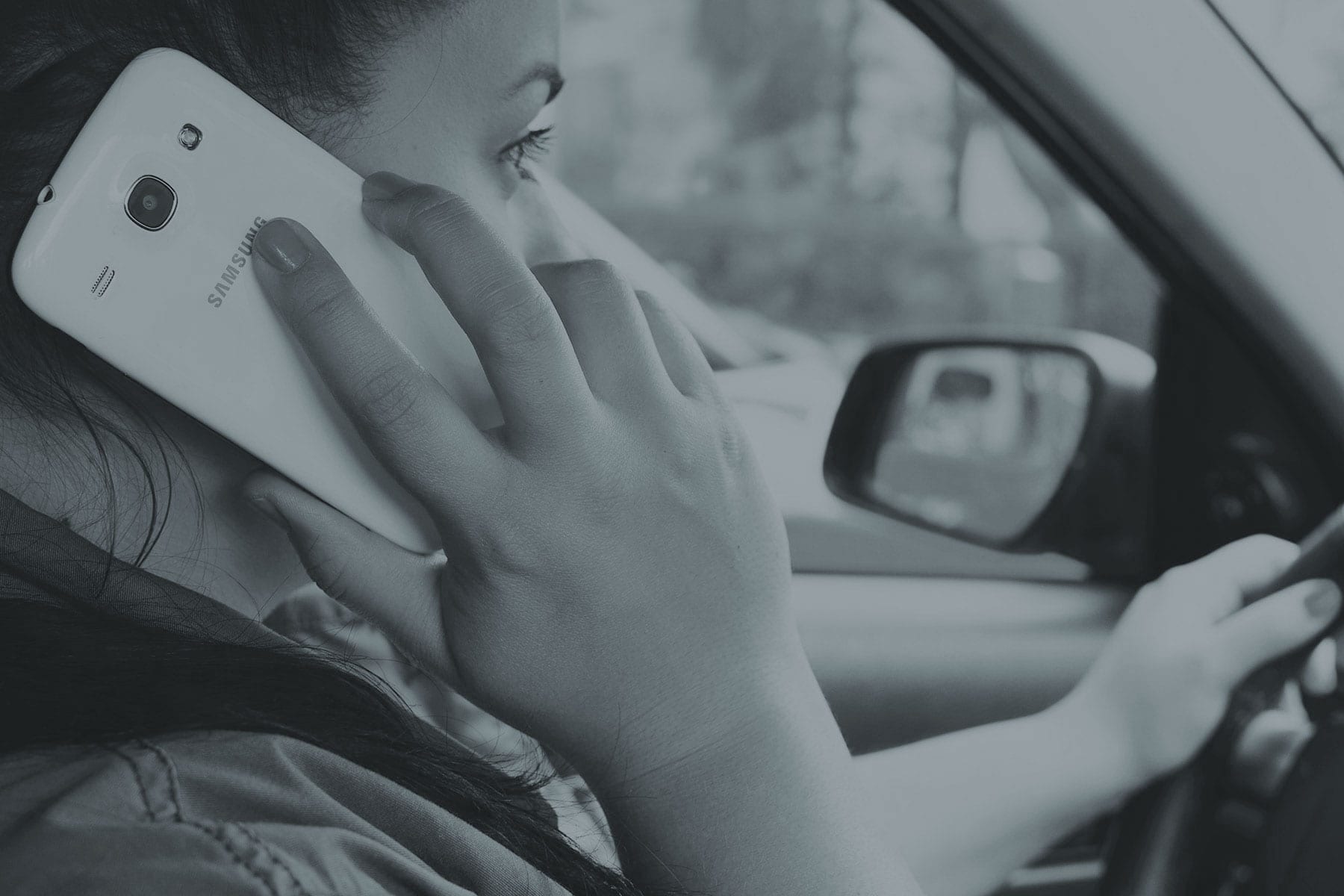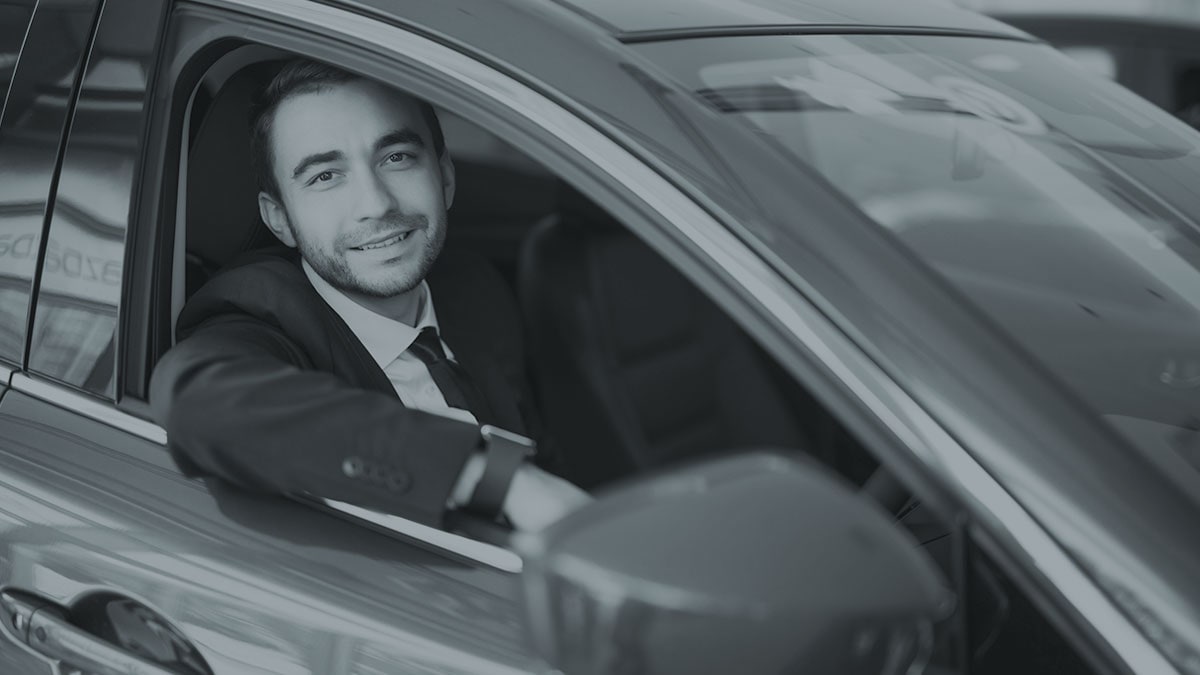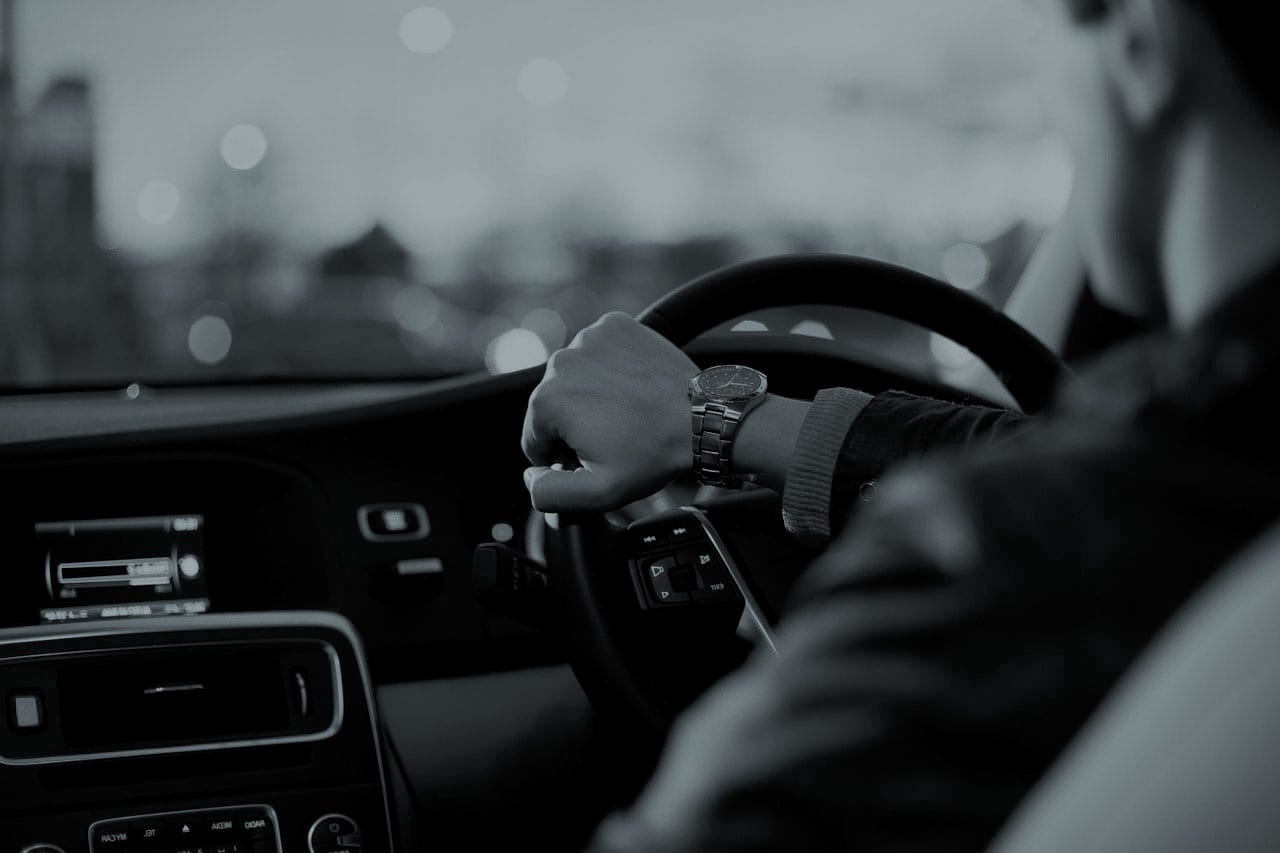Dangerous driving is an extremely broad offence and could be charged for a wide range of infractions.
Depending on the seriousness of your offence the penalties could be as severe as life imprisonment. It is essential that if you are charged with dangerous driving you seek help from a motoring law solicitor immediately.
Contact us now on 03330 096 275 for an initial consultation with an experienced motoring lawyer.
What is dangerous driving?
For driving to be considered dangerous, police and prosecutors must provide evidence that a defendant’s driving fell well below the standards of a competent driver, and it must be obvious that driving in that way would be dangerous. By ‘dangerous’ this generally means that the action could cause harm to a person or their property. Sometimes, when a driver’s actions aren’t clearly dangerous, they may instead be charged with Careless Driving which can incur lesser penalties.
Examples of activities that could be considered dangerous include:
- racing, going too fast, or driving aggressively;
- ignoring traffic lights, road signs or warnings from passengers;
- overtaking dangerously;
- driving under the influence of drink or drugs, including prescription drugs;
- driving when unfit, including having an injury, being unable to see clearly, not taking prescribed drugs, or being sleepy;
- knowing the vehicle has a dangerous fault or an unsafe load;
- the driver being avoidably and dangerously distracted, for example by:
- using a hand-held phone or other equipment
- reading, or looking at a map
- talking to and looking at a passenger
- lighting a cigarette, changing a CD or tape, tuning the radio. (Source: CPS)
There is no complete list of activities that might be considered dangerous so we would need to look at the circumstances of your case to determine the best defence strategy.
Dangerous Driving Penalties
A dangerous driving conviction can incur a range of possible penalties.
Single incidents, which involve little or no likelihood of causing property damage or personal injury, may be penalised with community orders. More serious offences, for example those which involve excessive speed, can incur custodial sentences of up to 6 months, longer community orders, bans of up to 2 years and large fines. Very serious offences, where there is evidence of prolonged periods of dangerous driving, excessive speed, attempting to evade police, or driving dangerously in busy or built up areas, can be tried in Crown Court, which creates the possibility of prison sentences of up to 2 years. If dangerous driving causes injury or death sentences can be increased up to 14 years. You can find out more about Dangerous Driving here.
Driving bans of one year are mandatory for dangerous driving convictions however our team will explore whether you may have grounds for an exceptional hardship defence, which might provide a way for you to avoid a ban. If disqualified for a dangerous driving offence, you will also need to undertake an extended retest after your ban ends in order to be able to drive again.
There is a long list of potential factors which can influence the kind of penalty given for a dangerous driving charge including:
- Evidence of alcohol or drugs use
- Carrying passengers
- Aggressive driving
- Driving a vehicle in poor repair
- Driving when knowingly suffering from a medical condition which impairs driving ability
- Planning to commit the offence
- Committing the offence whilst on licence or bail
- Being motivated by religiously or racially hatred
- Previous convictions
- Committing the offence for financial gain, as part of a criminal enterprise or as part of gang activity
- Offence committed in order to conceal or dispose of evidence
- If the offence was committed because of a genuine emergency
- The age of a defendant
- The offence causes harm to someone working in the public sector
- Causing harm to a vulnerable victim
- Serious psychological or physical harm caused, even if unintended. (Source: CPS)
- Remorse
- Level of cooperation with police, prosecutors and the court.
Defending Dangerous Driving Charges
Because dangerous driving cases vary so greatly, there is no set strategy for defending clients. We will look at the individual circumstances of your case and design a bespoke strategy to support you in the best way possible.
Things we might consider include:
- Challenging bad science: If you are accused of drink or drug driving, we will examine the scientific evidence forensically. You can find more about how we test the accuracy of breath, blood or urine samples on our drink and drug driving pages.
- Challenging the evidence: We will look closely at all the evidence against you to see if the charge is justified. Remember, to be convicted of dangerous driving, it must be clear that the standard of driving was clearly below that of a competent driver AND that the actions taken were obviously dangerous and likely to cause harm to people or property.
- Police process and disclosure: In all driving offences we aim to look carefully at the processes followed by the police. One example of this concerns disclosure of evidence. Police and prosecutors must disclose all evidence against defendants to enable them to build their defence. If they do not, these can provide grounds to challenge the charges against you.
- Checking the charges: It is not always obvious whether an offence meets the threshold required for Dangerous Driving. We will look carefully at your circumstances as it may be that you are being over charged. If that is the case, we will either try to have the charges dropped or lessened to Careless Driving.
Regardless of the circumstances of your case, our solicitors are here to help. Get in touch now on 03330 096 275 and we can start planning your defence today.



